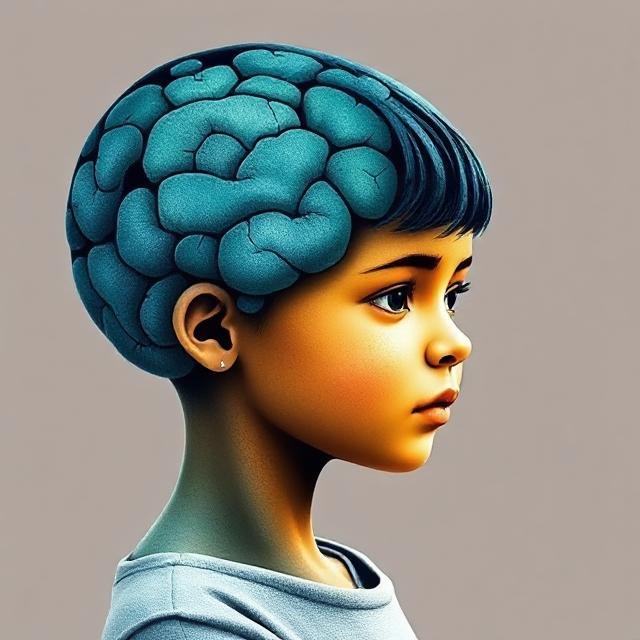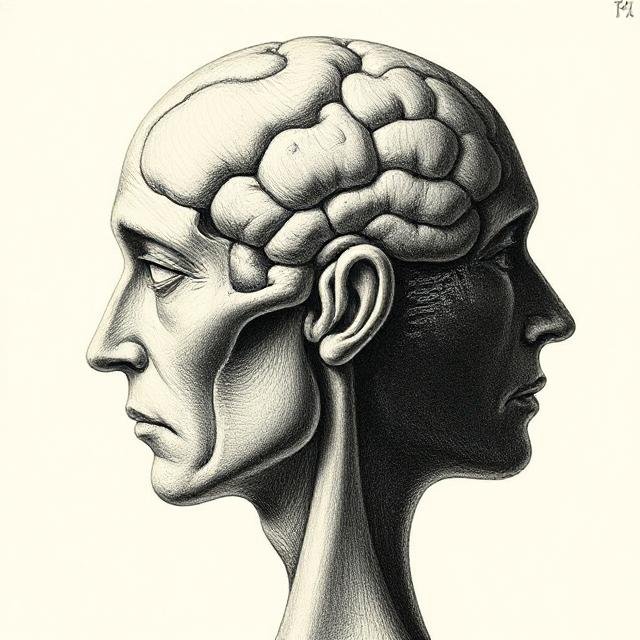Introduction
Intellectual Disability affects roughly 1% of the global population, impacting not only cognitive abilities but also social and practical life skills. Understanding its nature, symptoms, and treatment is crucial for supporting individuals and families dealing with this lifelong condition.
What Is Intellectual Disability?
Intellectual Disability (ID) is defined by:
- Significantly below-average intellectual functioning (IQ score roughly ≤70)
- Deficits in adaptive functioning, affecting daily life skills
- Onset during the developmental period (before age 18)
The DSM-5-TR uses the term “Intellectual Disability (Intellectual Developmental Disorder).”
Symptoms and Traits of Intellectual Disability
Common characteristics include:
- Cognitive difficulties:
- Learning new concepts slowly
- Trouble with problem-solving or abstract thinking
- Communication challenges:
- Delayed speech and language development
- Difficulty understanding social cues
- Social skills deficits:
- Difficulty forming friendships
- Limited emotional regulation
- Daily living struggles:
- Need for help with personal care, money management, or transportation
Severity varies greatly among individuals.
Levels of Intellectual Disability
ID is classified by severity, based on adaptive functioning rather than IQ alone:
| Severity | Adaptive Skills |
|---|---|
| Mild | Can live independently with minimal support |
| Moderate | Needs moderate support in daily activities |
| Severe | Requires extensive supervision and assistance |
| Profound | Needs constant care and support |
Causes of Intellectual Disability
ID has numerous causes, including:
- Genetic conditions:
- Down syndrome
- Fragile X syndrome
- Phenylketonuria (PKU)
- Prenatal factors:
- Alcohol or drug exposure during pregnancy
- Maternal infections
- Perinatal complications:
- Oxygen deprivation at birth
- Postnatal factors:
- Head injuries
- Severe malnutrition
- Environmental deprivation
Sometimes, the exact cause remains unknown (APA, 2022).
Diagnosis of Intellectual Disability
Diagnosis involves:
- Standardized IQ testing
- Assessment of adaptive behavior (e.g., Vineland Adaptive Behavior Scales)
- Developmental history review
- Medical and genetic evaluations to determine underlying causes
Early diagnosis allows intervention during crucial developmental windows.
Treatment and Support for Intellectual Disability
There’s no cure, but early and tailored interventions greatly improve quality of life.
Educational Support
- Individualized Education Programs (IEPs): Customized learning plans in schools
- Specialized teaching methods to accommodate learning needs
Therapies
- Speech therapy for language development
- Occupational therapy to improve self-care skills
- Behavioral therapy to address problem behaviors and teach social skills
Medical Care
- Regular medical monitoring for associated conditions
- Medications for co-occurring issues like seizures or ADHD
Family and Community Support
- Support groups for parents and caregivers
- Advocacy resources for securing services
- Community programs promoting inclusion and skill development
Living with Intellectual Disability
Individuals with ID can lead fulfilling lives with:
- Community inclusion
- Access to educational and vocational training
- Family and social support networks
With the right support, many people with mild or moderate ID work, form relationships, and contribute actively to society.













